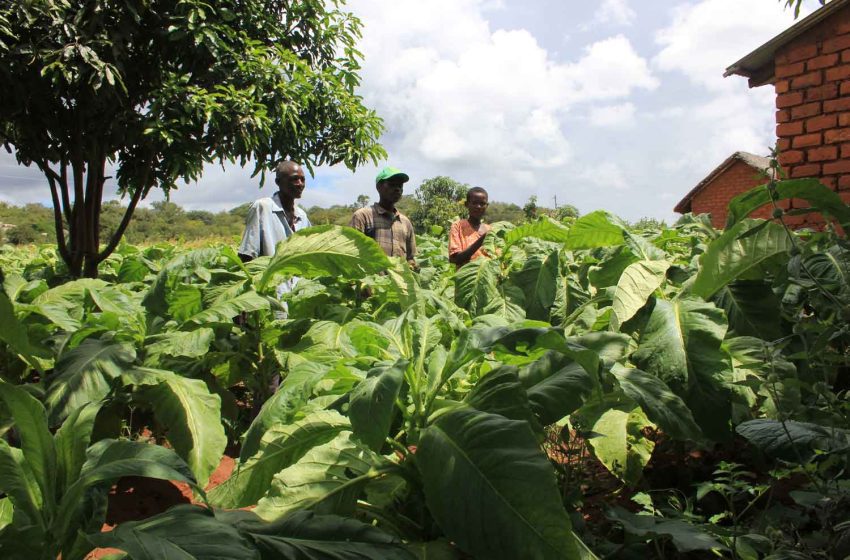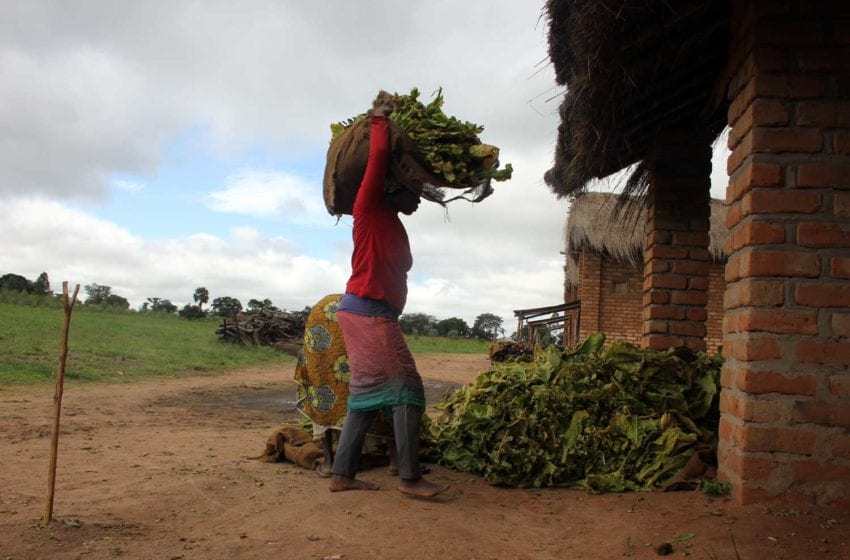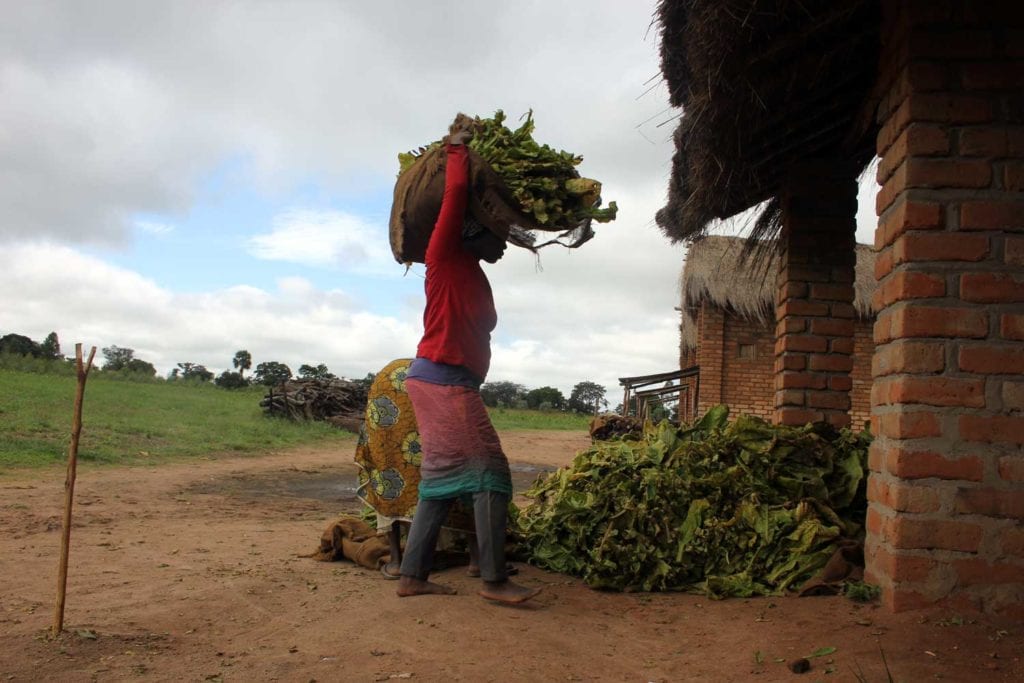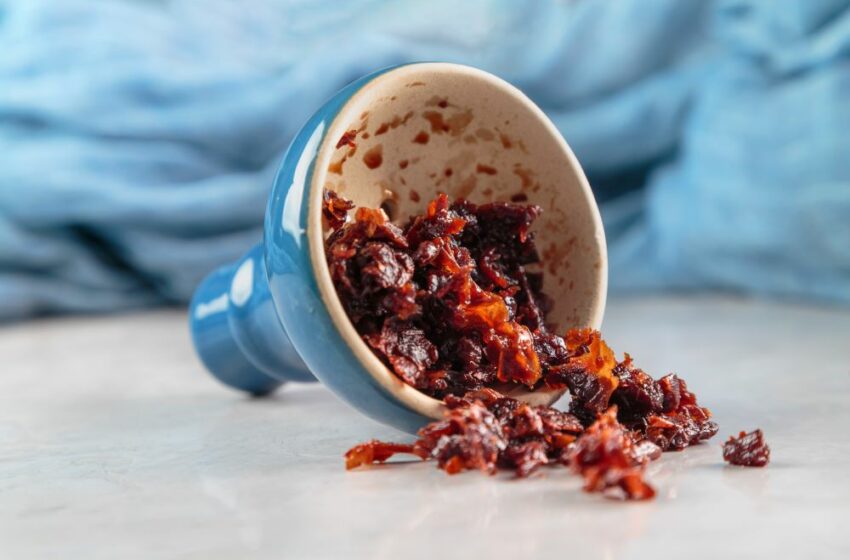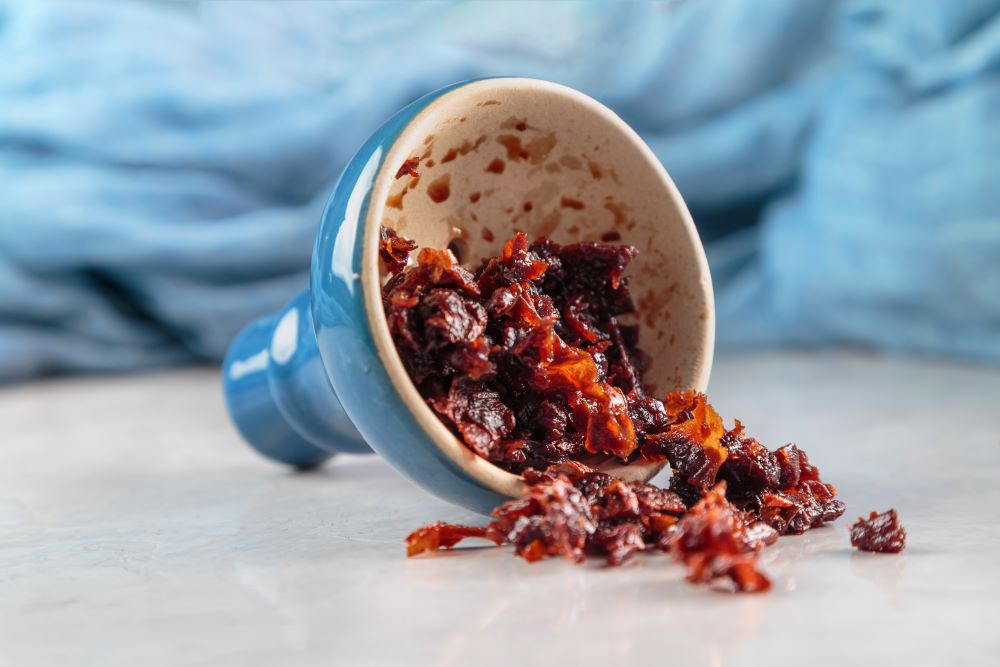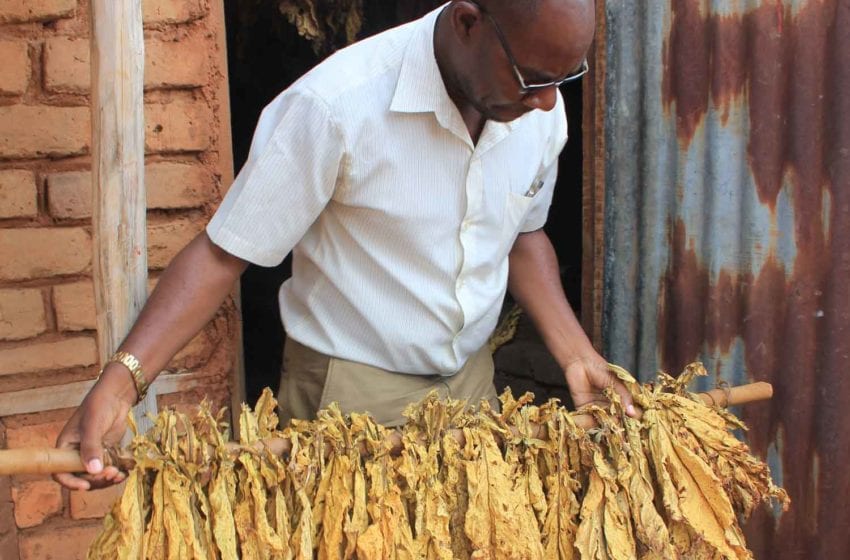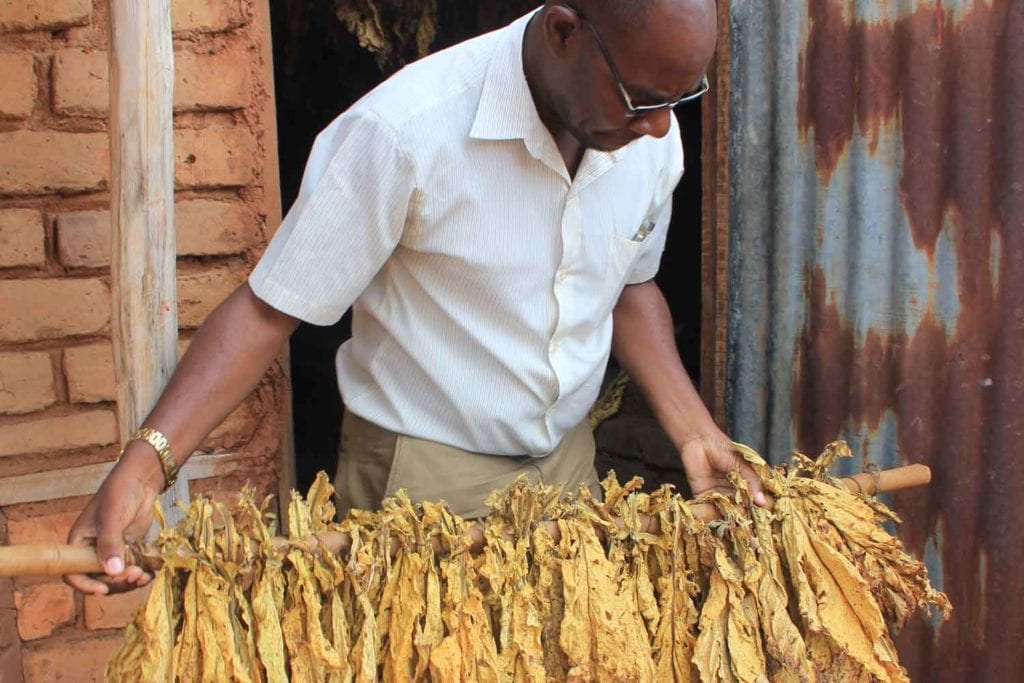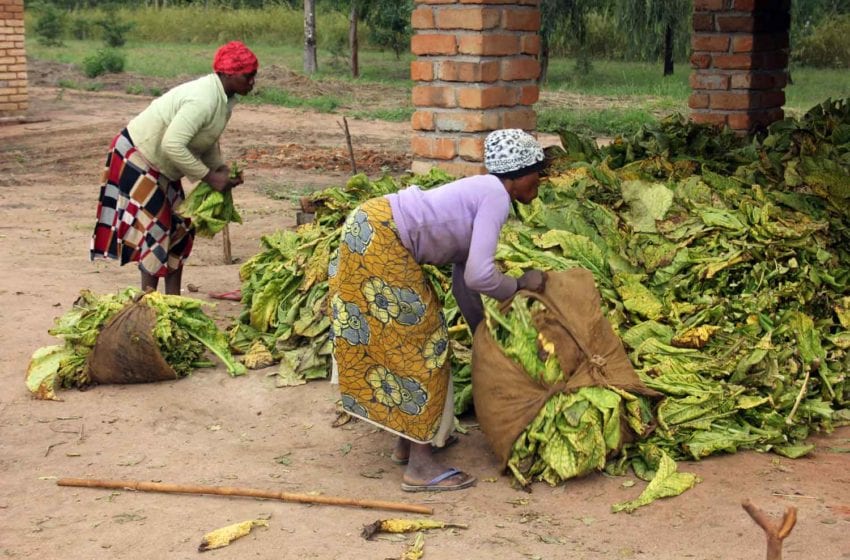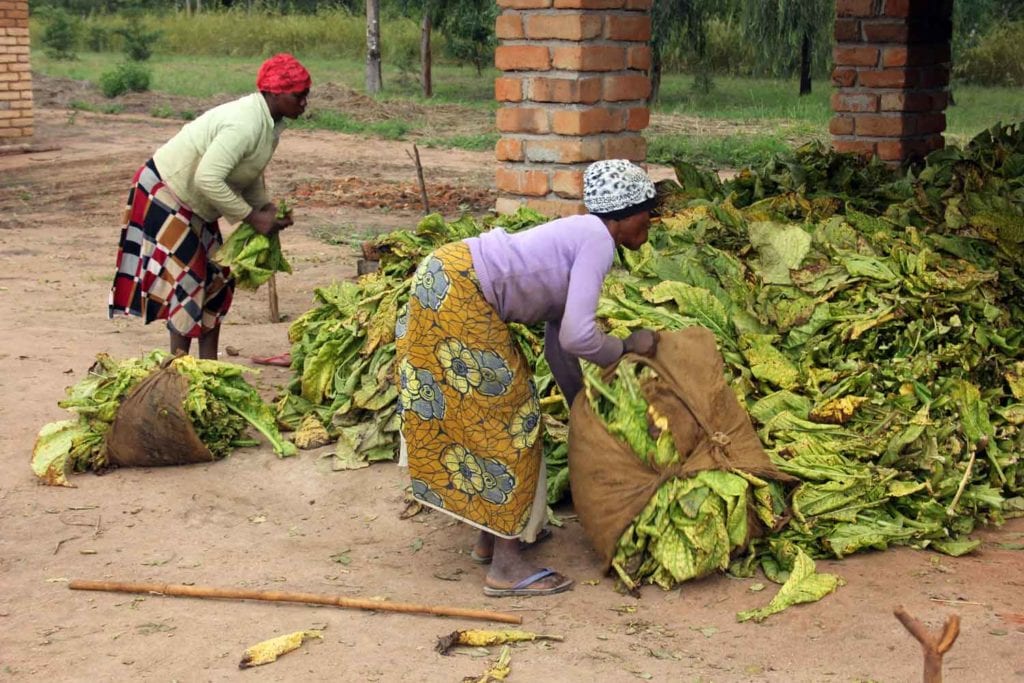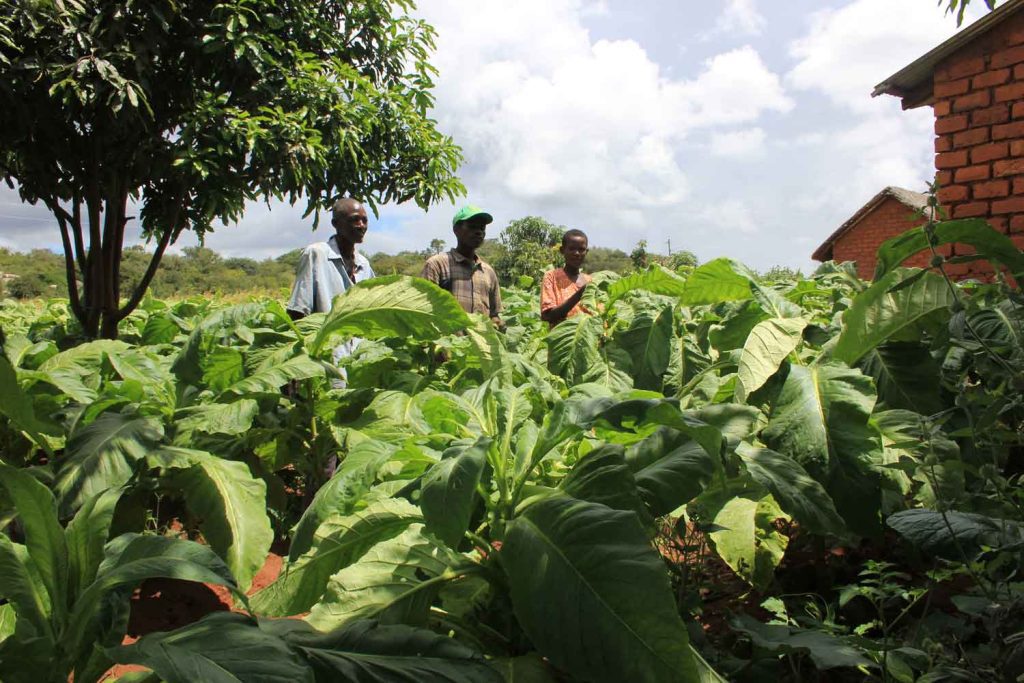
Tanzania’s tobacco export value has hit $438.5 million, more than double the previous year, according to data from the Tanzania Revenue Authority (TRA) and Bank of Tanzania (BoT), reports The Guardian.
The government’s target was $400 million.
Tobacco exports have now surpassed coffee and cashews as the leading traditional export earning commercial crop. Tobacco is currently produced under contract.
The value increase is a result of a crop production increase to 122 million kg as well as an increase in commodity price in the world market.
Tanzania is now the second largest producer of tobacco in Africa following Zimbabwe.
For the 2024/2025 season, Tanzania aims to produce 200,000 tons of tobacco, and for the 2025/2026 season, the country aims to produce 300,000 tons.
The goal is to increase export earnings to between $600 million and $700 million annually, according to Hussein Bashe, the minister of agriculture.
According to Bashe, more than 50 percent of tobacco was bought and sold abroad by local companies, marking a first for the country.
Statista projections show Tanzania’s tobacco products market generating $644.9 million in revenue in 2024.

